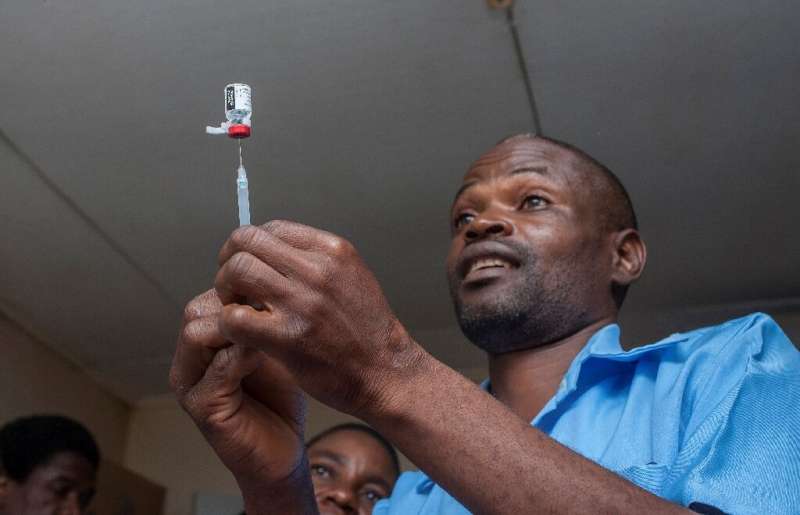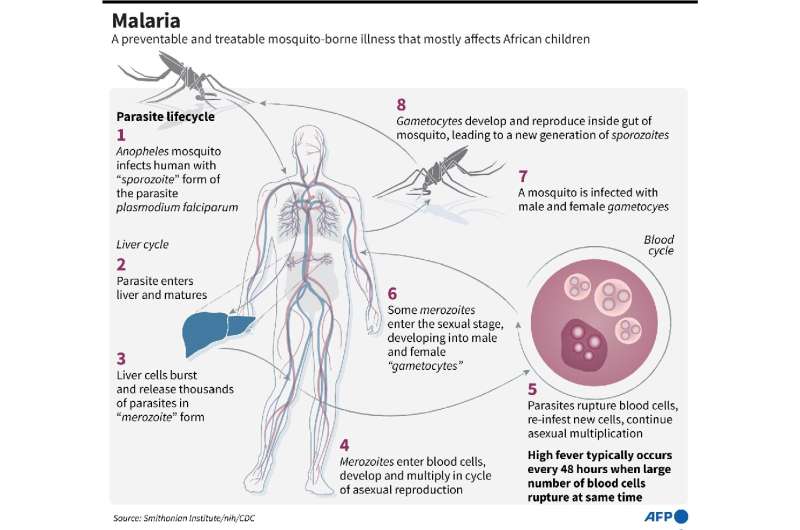Six Gavi-eligible countries account for half of the global mortality from Malaria.
The global vaccine alliance, Gavi, said on Thursday that its board had approved an initial $155.7 million for the roll-out of the first malaria vaccine for children in sub-Saharan Africa.
"I am greatly heartened that the Gavi board has approved funding for a new malaria vaccination programme," said the alliance's chairman, Jose Manuel Barroso.
"Thanks to the collaborative efforts of the global health community, we are better armed to tackle this deadly disease, and once the vaccine is rolled out at scale, we will be able to help protect millions of lives."
In October, the World Health Organization endorsed the RTS,S/AS01 malaria vaccine, the first against the mosquito-borne disease that kills more than 400,000 people a year, mostly African children.
The funding would help support the introduction, procurement and delivery of the malaria vaccine, RTS,S for Gavi-eligible countries in sub-Saharan Africa in 2022-2025, the alliance said.
That "could help drive down child mortality in Africa -– a continent that bears the heaviest malaria burden," it said.
Gavi chief executive, Seth Berkeley, said the funding "could save tens of thousands of lives annually in Africa".
The vaccine was "an important additional tool to control malaria in Africa, alongside other interventions, such as routine use of insecticide-treated bed nets, indoor spraying with insecticides, malaria chemoprevention, and timely testing and treatment".
Factfile on the life-cycle of the parasite that causes malaria.
Many vaccines exists against viruses and bacteria, RTS,S is the first vaccine recommended by the WHO for broad use against a human parasite.
The vaccine acts against plasmodium falciparum—one of five parasite species and the most deadly.
Malaria symptoms include fever, headaches and muscle pain, then cycles of chills, fever and sweating.
According to the WHO, a child dies of malaria every two minutes.
And according to Gavi, more than 260,000 African children under the age of five die from malaria annually, and six Gavi-eligible countries account for half of global mortality.
© 2021 AFP

























